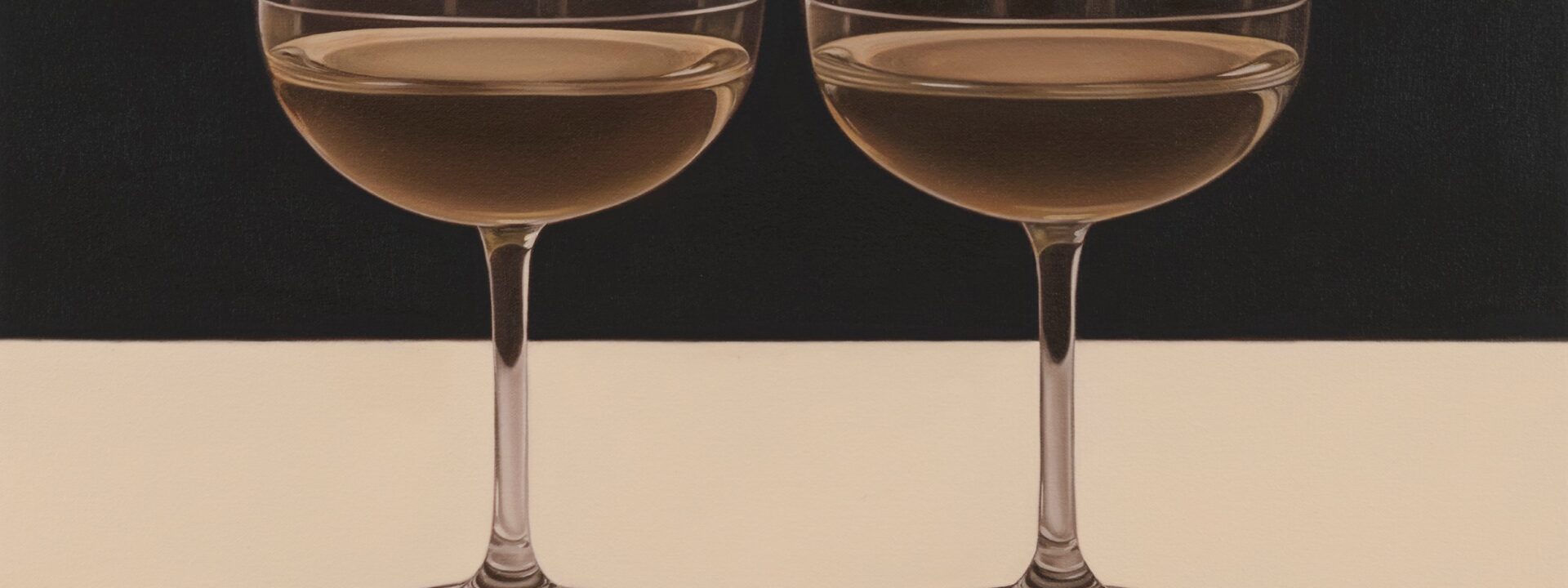For years, drinking alcohol has been tied to socializing, celebrations, and relaxation. But today’s younger generation is changing that story—or at least approaching it more thoughtfully. According to The New York Times, Gen Z drinks significantly less than Millennials did at the same age. Another report found that 28% of Gen Z in the U.S. say they never drink, compared to just 16% of Millennials.
I wanted to understand why so many of my peers were choosing sobriety. Is it because we grew up in a wellness-obsessed era, where green juices, adaptogens, and matcha lattes are as trendy as designer clothes? Or is it that our focus on health, combined with our well-documented anxiety, has naturally led us to cut back on alcohol?
To find out, I decided to try sobriety for two months. Spoiler: I eventually went back to drinking occasionally. But the experiment changed me for the better. It helped me see how alcohol affects everything—my emotions, my health, even my habits. I became more aware of why I wanted a drink and better at recognizing when I was using alcohol as an emotional crutch. Most importantly, it helped me manage my anxiety—something I used to think was beyond my control.
### What Happens When You Quit Alcohol?
Your body starts recovering within the first 24 hours. The liver, which processes alcohol, begins detoxifying, reducing inflammation and improving function. Blood sugar levels stabilize, since alcohol disrupts glucose regulation.
After a week or two, sleep quality and skin hydration often improve. Long-term, quitting lowers the risk of heart disease, strengthens immunity, and balances gut bacteria.
For me, the biggest changes were mental clarity, steady energy, and a better mood—all known benefits of cutting out alcohol. My physical performance also improved. Research shows even small amounts of alcohol slow muscle recovery, and I definitely felt lighter without that invisible weight.
But recovery takes time. Even after you feel sober, alcohol lingers—in your breath and saliva for up to 24 hours, in urine for 15 days, and in hair for 90 days.
### The Benefits of Quitting Alcohol
Better Sleep
Alcohol may help you fall asleep, but it disrupts deep sleep, especially REM. Without it, sleep is more restorative, boosting mood, memory, and focus.
Clearer Skin
Alcohol dehydrates and dilates blood vessels, leading to redness, acne, or dullness. Quitting improves hydration and circulation, leaving skin brighter and smoother.
Stronger Immunity
Regular drinking weakens your defenses. Without alcohol, your body fights off infections more effectively.
Improved Digestion & Metabolism
Alcohol disrupts gut bacteria and causes inflammation. Cutting it out enhances digestion, nutrient absorption, and metabolic health.
More Emotional Stability
Alcohol affects serotonin and other brain chemicals. Without it, moods stabilize, anxiety lessens, and mental clarity improves.
Less Alcohol, Less Anxiety
The link between drinking and anxiety is real. Reducing alcohol can mean fewer anxious spirals—and more control over your mind and body.For me, the drop in anxiety was really noticeable—I’d even call it life-changing. By the second week, I felt less tense and nervous about work in the mornings. By the third week, my usual Sunday anxiety had almost disappeared. Most importantly, I felt calmer and more focused all day. My anxiety wasn’t completely gone, but it was much easier to handle—and that made a huge difference.
Those two months without alcohol were tough, but they definitely changed how I see drinking. Will I quit forever? Probably not. After the two months ended, I went back to having the occasional drink. But now I’m much more aware of the benefits of cutting back—I’ve felt them firsthand!—and I’m more likely to choose a mocktail. Best of all, I know my anxiety isn’t hopeless—it’s something I can control.
Have a beauty or wellness trend you’re curious about? Let us know! Email Vogue’s senior beauty and wellness editor at beauty@vogue.com.
